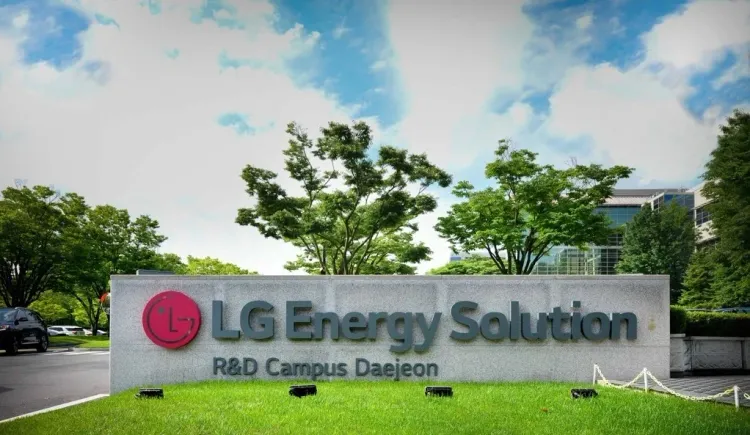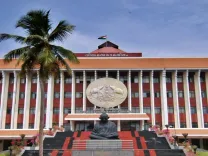How Will LG Energy Solution Support Workers Released from US Detention?

Synopsis
Key Takeaways
- LG Energy Solution CEO pledges support for detained workers.
- Over 300 workers returned home after a week in detention.
- Government officials played a critical role in securing their release.
- Future of the battery plant construction remains manageable.
- Negotiations prevented potential deportations of the workers.
Seoul, Sep 12 (NationPress) The CEO of LG Energy Solution Ltd, Kim Dong-myung, on Friday announced his commitment to fully assist the employees who have just returned home after a week of detention in the United States, following an immigration crackdown at a battery plant construction site in Georgia.
His remarks came right after a Korean Air flight carrying over 300 South Korean workers touched down at Incheon International Airport, according to reports from Yonhap news agency.
Kim expressed his gratitude for the hard work of government officials that led to this prompt resolution, stating, "Despite the many challenges faced, we are thankful for the exceptional efforts that resulted in their swift release and for ensuring their re-entry into the U.S. would not be hindered."
The CEO emphasized that the company will "leave no stone unturned" to assist the returning workers in their resettlement process.
The workers were detained during a large-scale immigration operation at the Georgia site designated for a battery plant that is a joint venture between Hyundai Motor Group and LG Energy Solution.
Regarding potential delays in construction, Kim reassured that the situation remains "manageable," indicating that it is not as critical as some reports have indicated.
The workers were released from detention centers in Folkston early Thursday (local time), as the South Korean government undertook significant efforts to negotiate their release and facilitate their return home.
This incident prompted South Korea's senior diplomats to travel to Washington to meet with officials from the Trump administration and address the situation, while high-ranking executives from Hyundai and LG also traveled to Georgia to handle the aftermath.
After negotiations, Washington agreed to allow the workers to return voluntarily rather than face deportation, which could have negatively impacted their future travel to the U.S.









